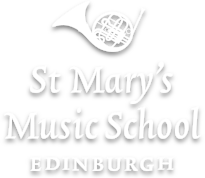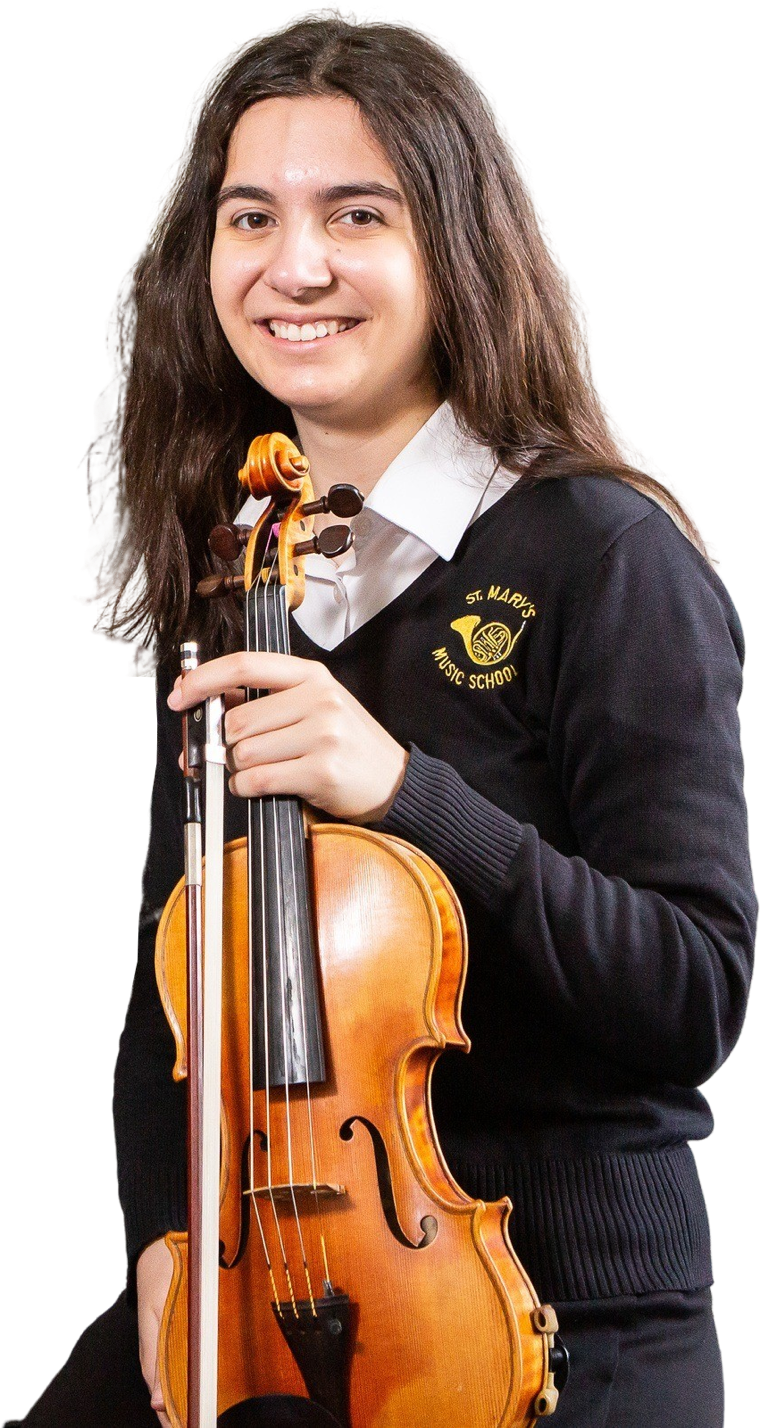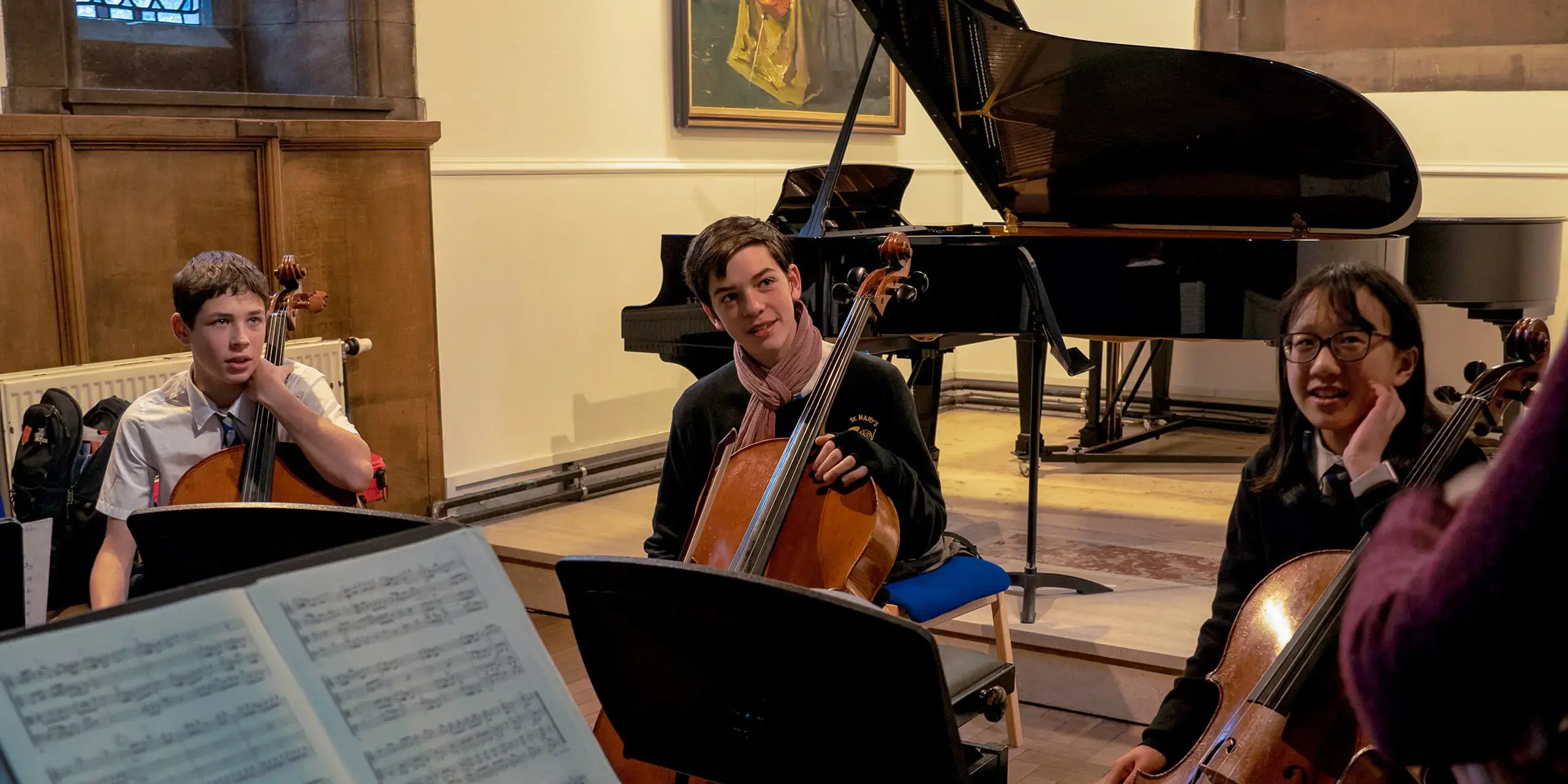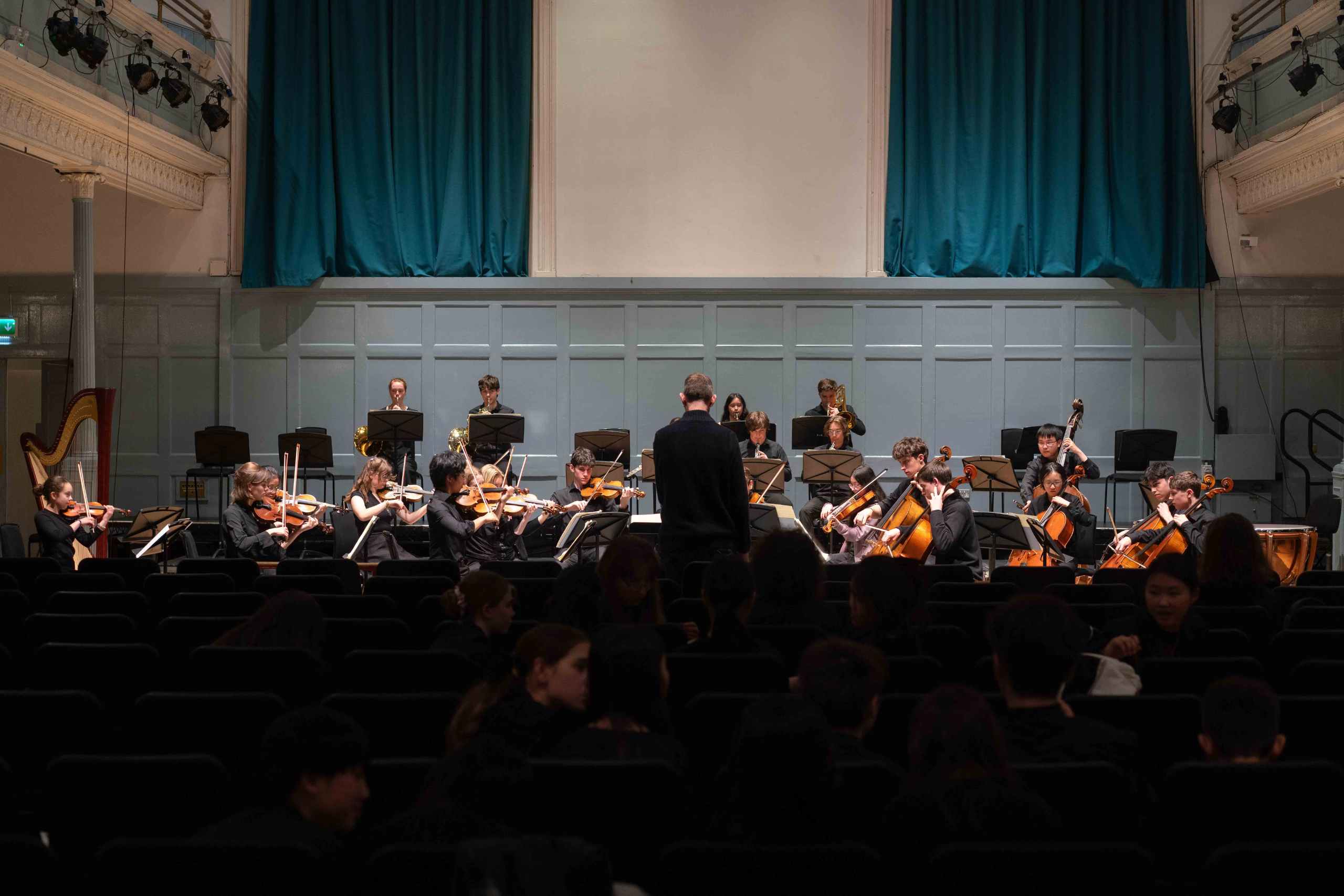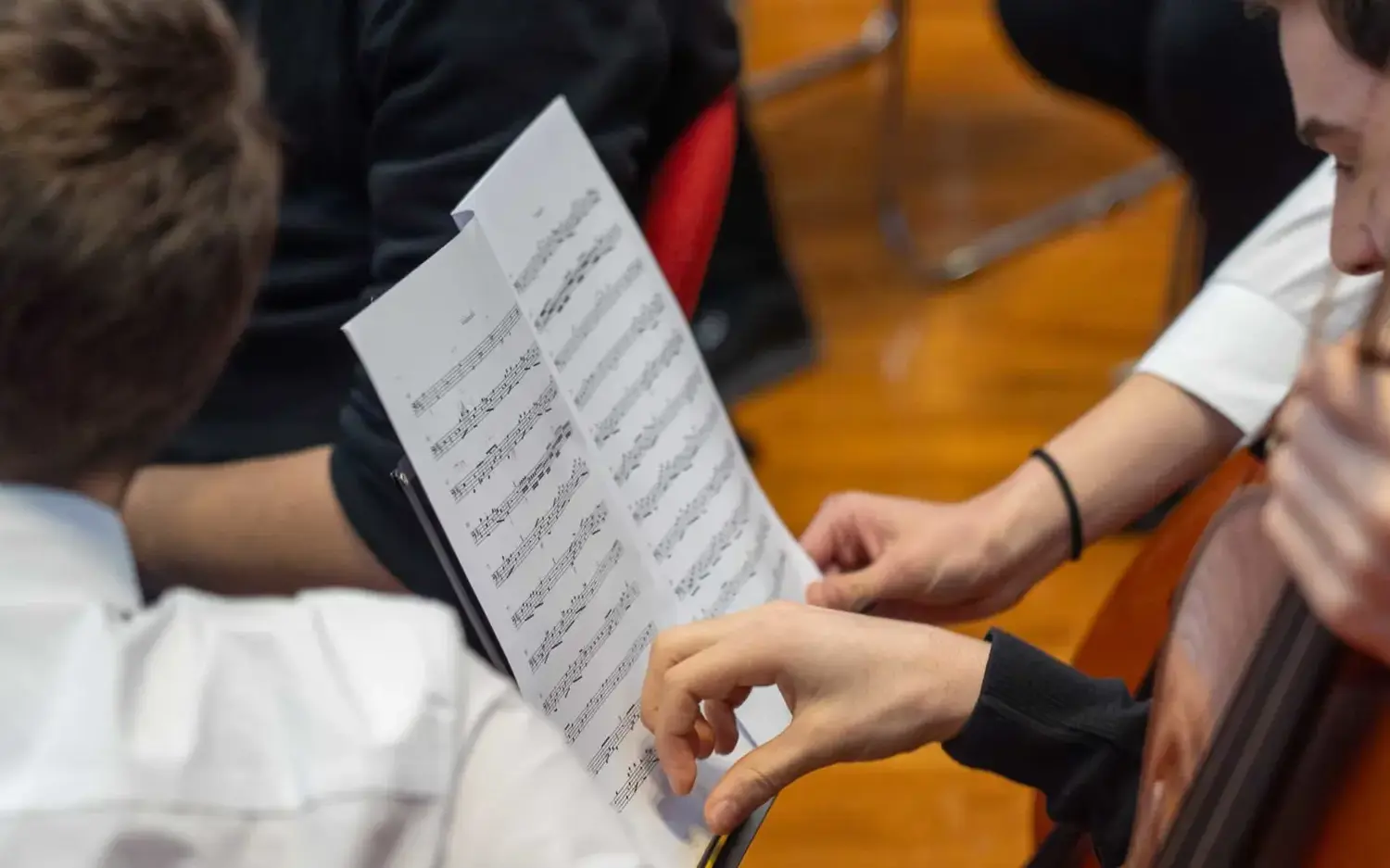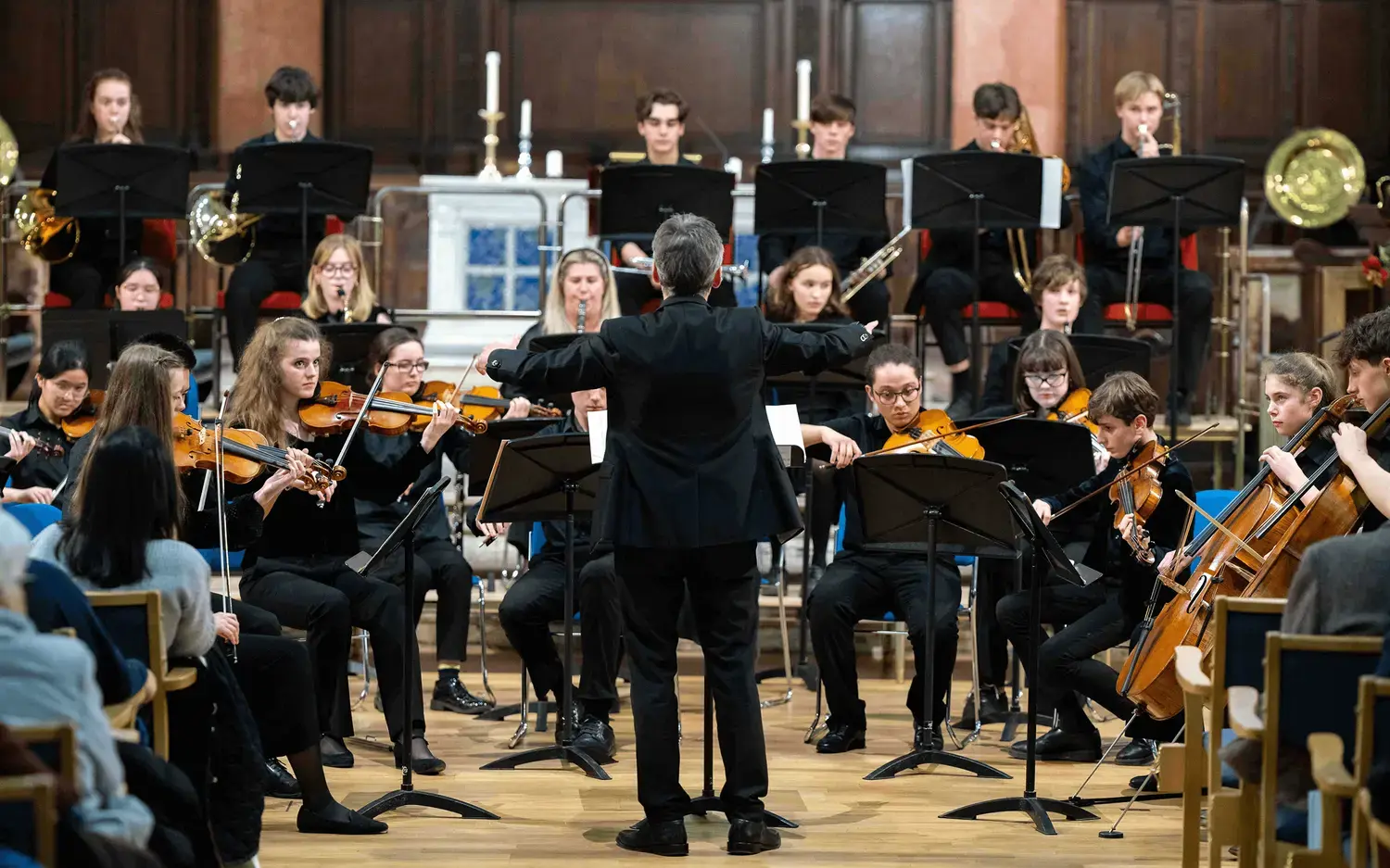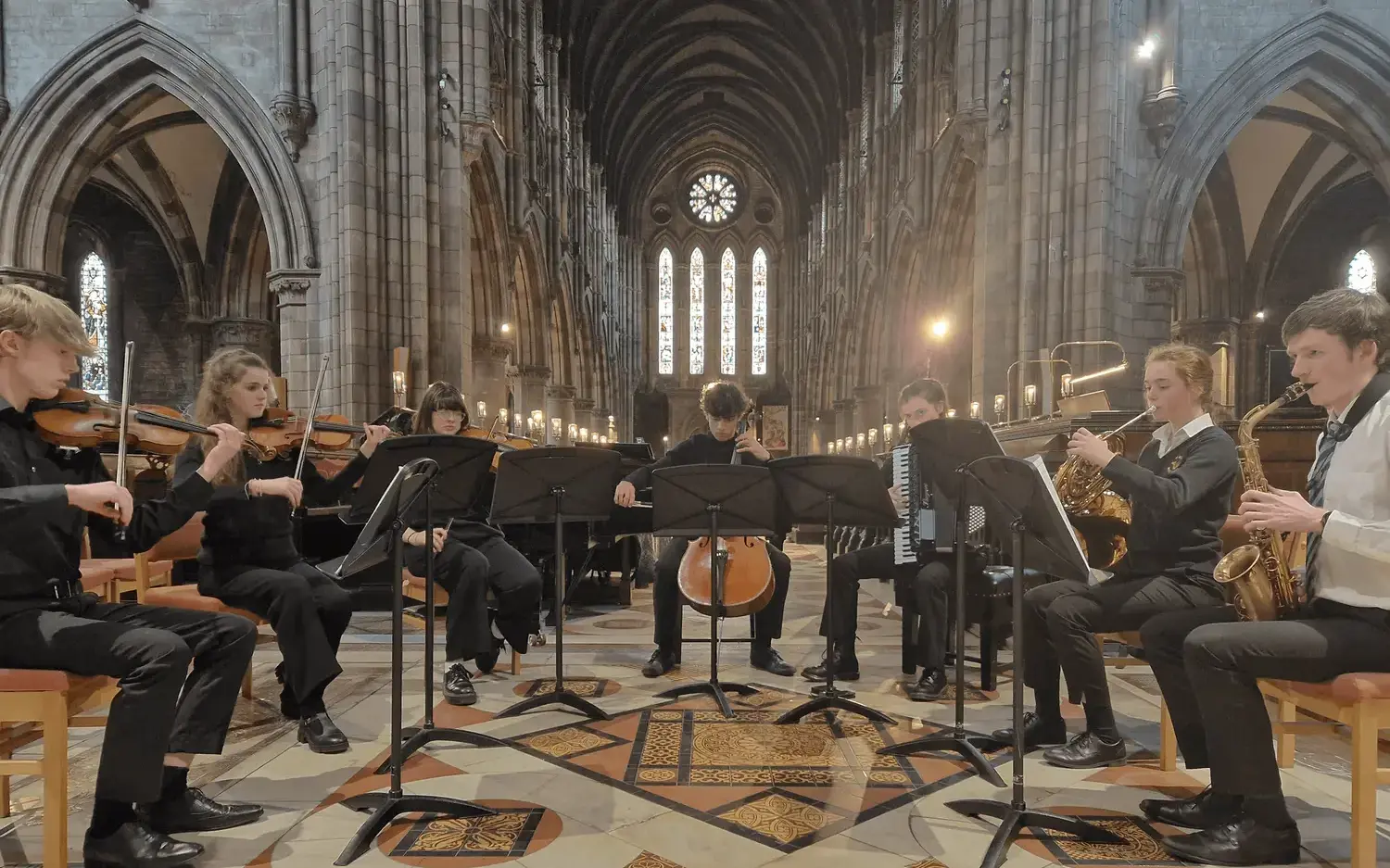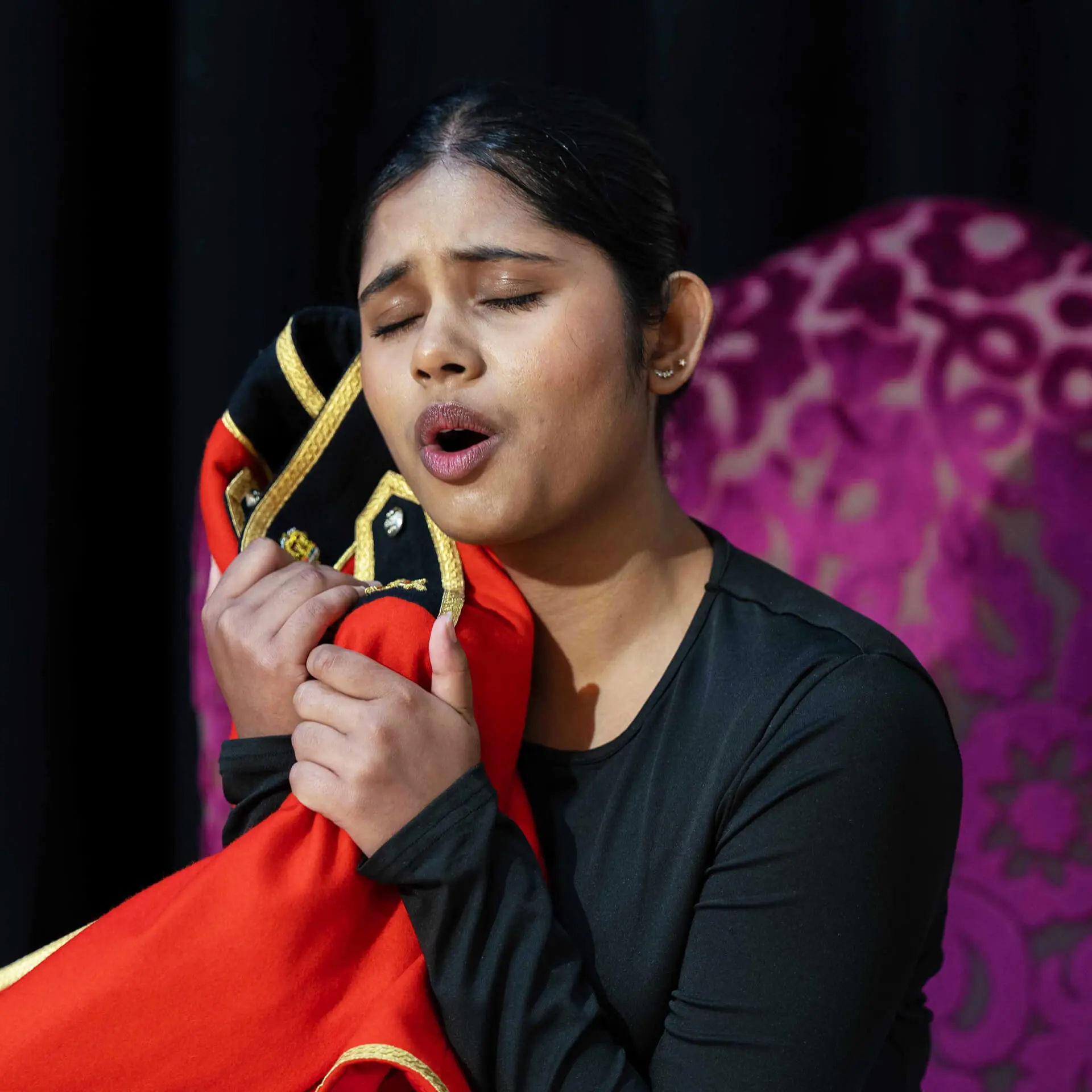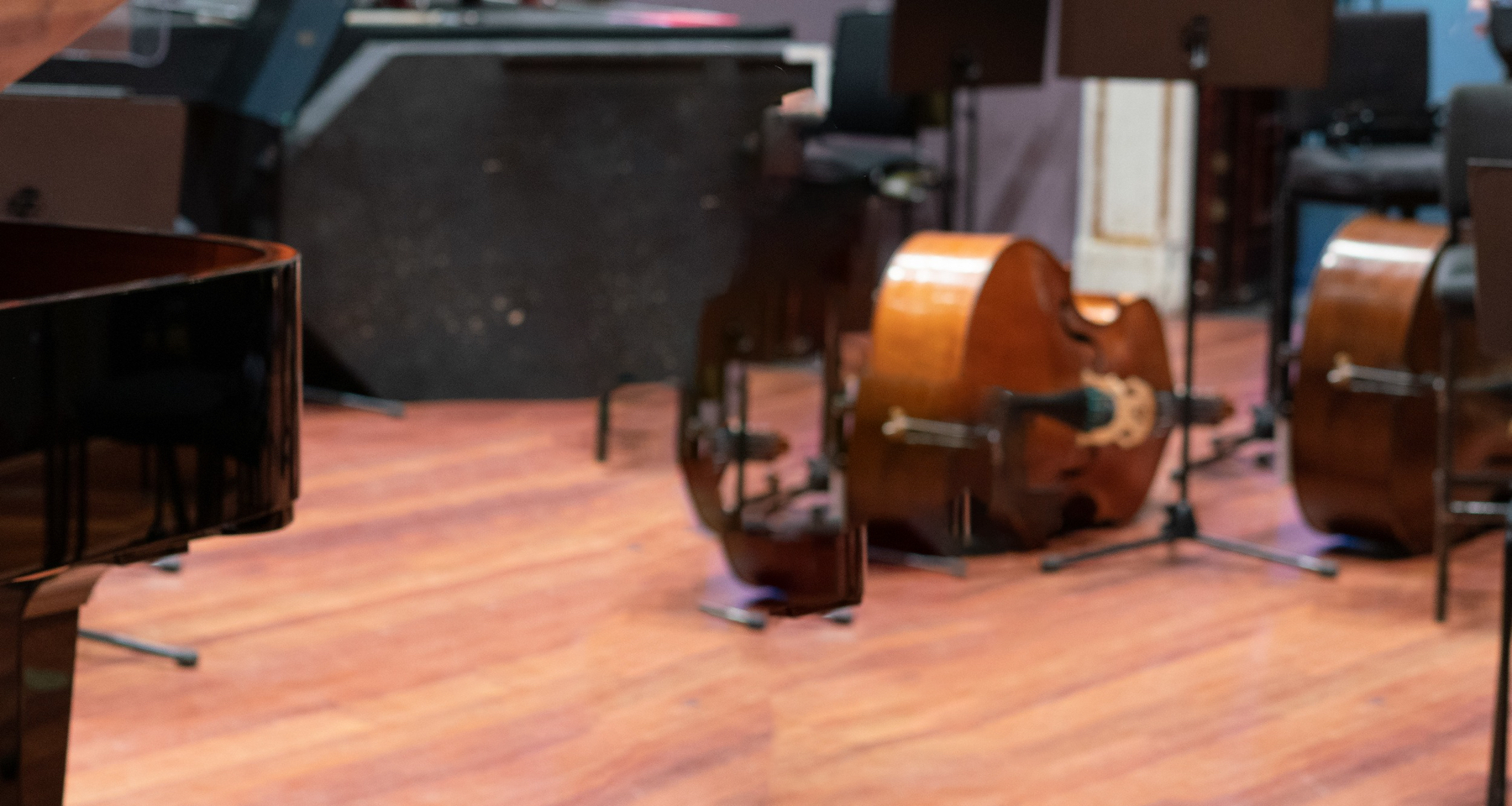MUSICIANSHIP SKILLS
One of the key benefits of the St Mary’s Music School experience is the immersive musical environment we nurture here. In addition to finetuning their instrumental and singing skills, our pupils receive a comprehensive education in all aspects of musicianship, which stands them in good stead for futures at college, conservatoire or university.
Indeed, many of our alumni have commented on how much easier they found the transition into a higher music education thanks to the thorough grounding they received during their time with us.
Our pupils have lessons in harmony and counterpoint, form and analysis and music history. Throughout their time with us, pupils undertake a comprehensive Aural Programme that addresses singing, listening, Dalcroze and Kodály. Additionally, all pupils have the option to receive Alexander Technique to help with posture and movement.
Composition is a key skill for any budding young musician and our pupils both learn composition as a requirement for Advanced Higher Music (which everyone sits in S5) and have the opportunity to study composition more deeply as their first- or second-study, engaging in rehearsals, conducting their own work, and showcasing their talent through online recordings and presentations. The prestigious Isobel Dunlop Composition Award, supported by distinguished figures such as Stuart MacRae and Sir Alexander McCall Smith, provides a platform for recognition.
Improvisation classes give pupils the opportunity to practise improvising in a broad range of styles, and we provide a wide range of stimuli to encourage them to try out different ideas, and to explore their own stimuli too. Call and response is also used as a way to begin musical conversations that could be about the weather, a joke, an argument… the list is endless! Improvisations can also be based around short musical ideas or rules, such as only using the interval of a 4th, only using statements going up in pitch, or augmenting a specific motif. Pupils improvise together, as individuals, in pairs or in any given grouping to explore the possibilities unique to themselves and their instrument. They are also required to think critically about what does and doesn’t ‘work’ as well as develop their own subjectivity towards this very creative and important musical skill.
